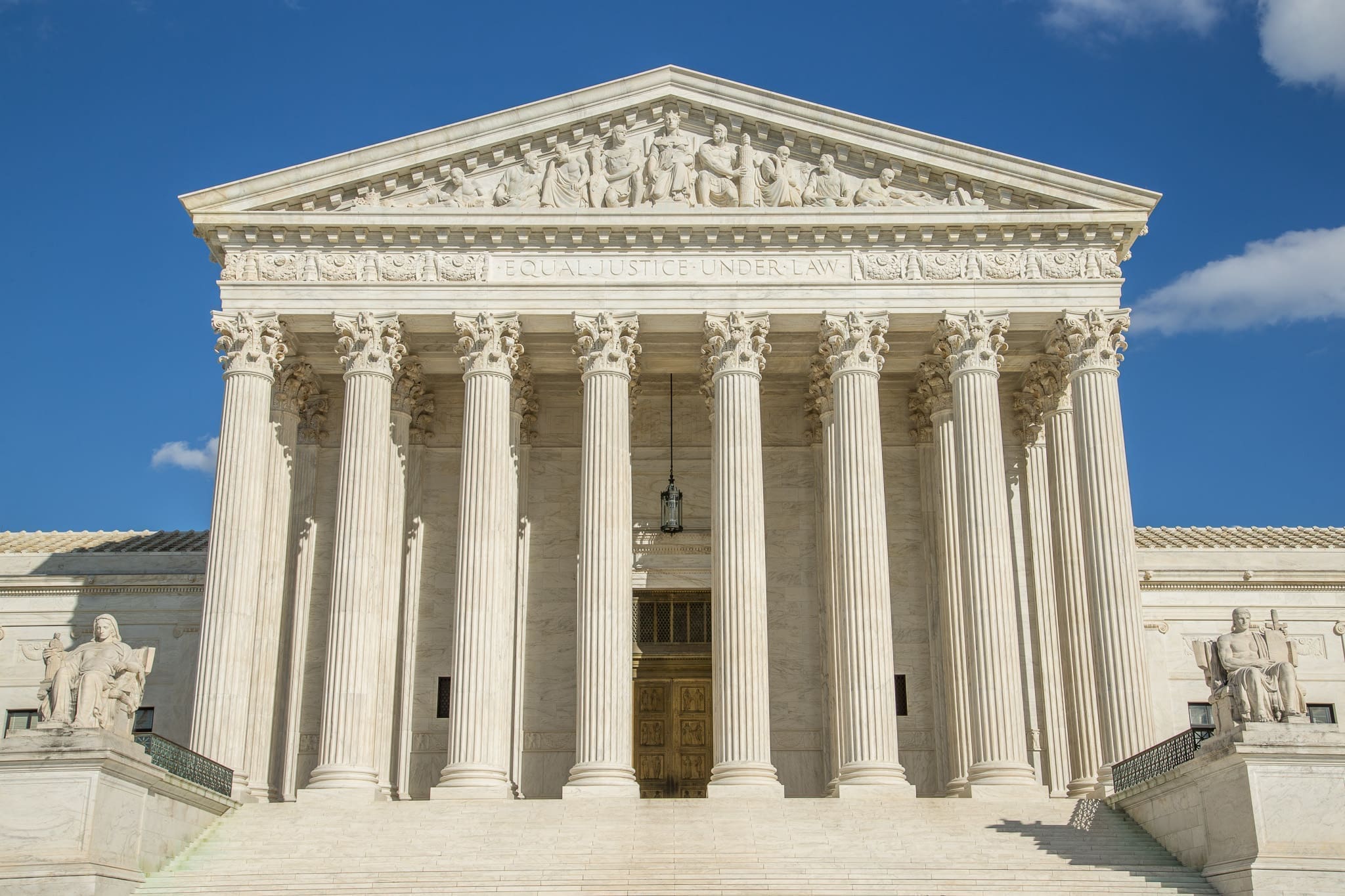Alabama top stories in brief
- The Alabama Department of Economic and Community Affairs announced on June 16 that Gov. Kay Ivey had awarded $1.5 million in grant funds for development in Lawrence County to support First Solar Inc. The company is constructing a new manufacturing site to create solar panels. Ivey previously said the plant was expected to create over 700 jobs. The funds from the grant will go towards providing sewer, water and street improvements at the industrial complex where the plant will be constructed. The plant is expected to begin operating in 2025.
- The Shelby County Sheriff’s Office began an investigation last week into the death of Joshua Dewayne Files, who was incarcerated in a Shelby County Jail. Files died after being transported to a hospital due to a medical emergency. An autopsy will be conducted by the Alabama Department of Forensic Science to attempt to determine the cause of death.
- Gov. Kay Ivey announced last week that the Ultra Safe Nuclear Corporation, a Seattle-based company, plans to invest $232 million to locate a facility in Gadsden to produce their Micro-Modular Reactors. According to USNC, the new facility “will create 250 direct professional, technical and skilled manufacturing jobs.”
- Alabama’s Permanent Legislative Committee on Reapportionment will hold a public hearing Tuesday, June 27, on redrawing Alabama’s congressional districts. Another public hearing will be held July 13. Alabama has been given until July 21 by a federal district court to create a new congressional map. It is expected that Gov. Kay Ivey will call a special session on July 17 to vote on the new maps.
- An article on AL.com reported that two incarcerated individuals died on June 22. One of the individuals was a part of a work release program and died after being taken to UAB hospital. The other individual was found unresponsive in his cell at William Donaldson Correctional Facility at 6:55 a.m. and was pronounced dead 17 minutes later. This is the 15th confirmed death at Donaldson this year.
- A recall has been issued by SunOpta Inc. for multiple brands of frozen fruit. The fruit in question may have been contaminated by Listeria monocytogenes, an organism that can cause serious or fatal infections with people who are frail or have weakened immune systems. It also has the potential to cause miscarriages and stillbirths. Thus far, no illnesses have been connected to this potential contamination. You can check the announcement on the FDA’s website for a full list of all the affected brands.
- The United Methodists of the North Alabama Conference voted last Friday, June 23, to pass a resolution calling for the United Methodists to remove “all language pertaining to homosexuality from the Book of Discipline by the next General Conference.” Currently, the Book of Discipline states that “the practice of homosexuality is incompatible with Christianity.” It also bans the blessing of same-sex marriage in the church and openly homosexual clergy. The resolution was passed with a vote of 236 to 151.
Toforest Johnson petitions the US Supreme Court and Alabama’s AG argues the court should not look at the case
Toforest Johnson was convicted in 1998 of killing Deputy Sheriff William G. Hardy in 1995, and was sentenced to death. He has been on death row ever since. Now, Johnson’s lawyers have petitioned the Supreme Court to reexamine the case. In response, the Alabama Attorney General’s office has filed a brief arguing that the Supreme Court should not consider Johnson’s case.
When Johnson was convicted, the key piece of evidence for the prosecution came from Violet Ellison, a woman whose daughter would arrange three-way calls for incarcerated people. Since there was a payphone in the prison, they could place a call out to someone with a three way calling service and have that person then make several calls to different people, thus avoiding having to pay for multiple payphone calls.
According to Ellison’s testimony, she listened in on a call where she heard someone who identified himself as Toforest telling someone else about killing Hardy.
While Ellison’s testimony was the linchpin for Johnson’s conviction, it is also the focal point for his attorneys’ petition to the Supreme Court.
Johnson’s attorneys argue that prosecutors violated the Brady rule, a precedent set by the Supreme Court case Brady v. Maryland. The Brady rule holds that prosecutors must turn over to the defense relevant evidence in the government’s possession that could help the defendant’s case.
In 2001, Ellison was paid $5,000 for her testimony by the state of Alabama.
At the time of the trial, Johnson’s defense was not made aware of any expectation by Ellison that she would be paid for her testimony. Alabama’s AG’s office has said that there is no evidence to prove that Ellison knew she would be paid for her testimony. Ellison has also testified saying that she did not know of the reward until it was given to her.
In 1995, soon after Hardy’s death, then Gov. Fob James offered a reward of $10,000 for information that led investigators to those responsible for Hardy’s death.
James was allowed to offer this reward according to the code of Alabama 15-9-1, and the law specifies that the reward is for “information leading to arrest and conviction,” so Ellison would only be paid in the event that Johnson was found guilty.
From 2003 to 2018, Johnson’s lawyers argued that Ellison knew of the reward offered for information leading to a conviction for the shooting of Hardy.
No concrete evidence of the payment existed until 2018 when a copy of the $5,000 check made out to Ellison surfaced.
The copy came out after Johnson’s attorneys appealed to the Supreme Court when Alabama courts dismissed their Brady claim. The Supreme Court deemed the dismissal improper in 2017 and sent the case back to Alabama courts. After the case was sent back, an order was put in by the court for all documents relating to payment. Initially, this did not yield any results, but Johnson’s lawyers said they were made aware of a confidential folder kept by the district attorney at the time of Johnson’s conviction which contained records regarding payments made to witnesses. After the court was made aware of this, the state provided the documents which contained the copy of Ellison’s check.
The state said that the previous failure to disclose the documents was due to the DA’s office misfiling them in the past. The documents also included a letter written in 2001 by Jefferson County’s DA at the time, David Barber, requesting the governor to grant the reward payment to Ellison.
“Violet Ellison, pursuant to the public offer of a reward, gave information leading to the conviction of Toforest Johnson in the Circuit Court of Jefferson County, Alabama, in the death of Mr. Hardy,” wrote Barber.
In their opposition brief, the AG’s office argued that the 2001 letter did not violate the Brady rule and cited Jefferson County Circuit Judge Teresa Pulliam’s ruling that the letter did not violate the Brady rule because Johnson’s lawyers could not show Ellison knew about the reward money at the time of the trial.
Another point that Johnson’s attorneys drew attention to was the fact that current Jefferson County DA Danny Carr filed a brief with a circuit court supporting a retrial for Johnson.
Carr spent several months examining Johnson’s case and interviewed Jeff Wallace, the former Jefferson County deputy DA who originally prosecuted Johnson. According to Carr, Wallace had concerns over the case and supported a retrial. Wallace also had previously testified in court back in 2014 that he believed the case against Johnson wasn’t very strong because it hinged entirely upon Ellison’s word.
Carr also cited the fact that the original star witness in the Johnson case, 15 year-old Yolanda Chambers, admitted to lying repeatedly to prosecutors and police, and to lying under oath. Additionally, Carr said that there were a number of witnesses who could vouch for Johnson not being at the place the murder took place, who were never called forward as witnesses during the trial.
While the petition on Johnson’s behalf argues that the court should give “great weight” to Carr and Wallace’s opinions, the dissenting brief filed by the AG’s office calls them irrelevant facts and says they “should not be considered.”
Our articles you might have missed
- Last week’s roundup went over the recent pause on proceedings for the Alabama Medical Cannabis Commission and broke down the different licenses that the commission was awarding entities.
Want to get early access to columns, unique newsletters and help keep The Sunrise News active? Then support us on Ko-Fi!


